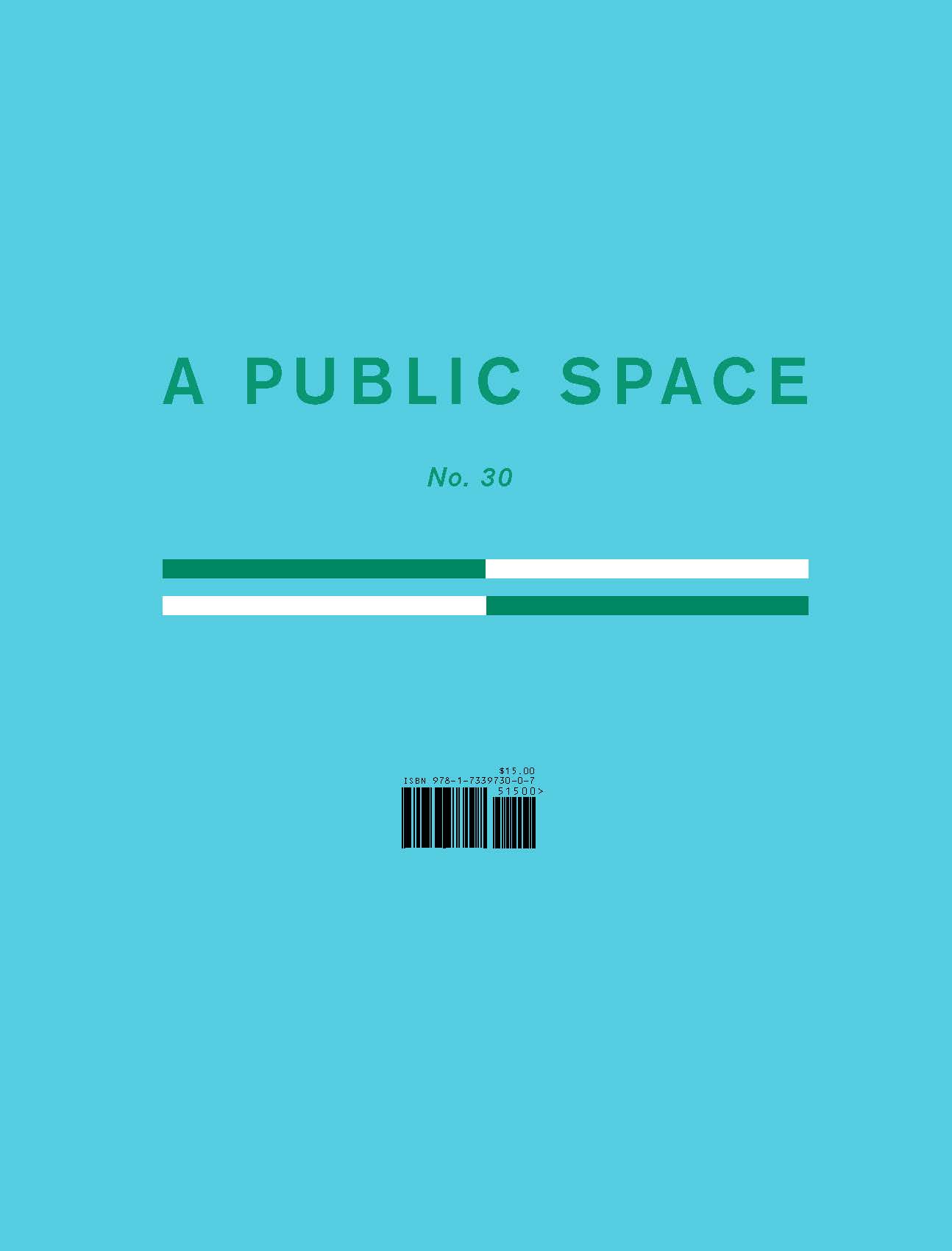Fiction
Pocket Money
Mi Jin Kim
Log in to read the rest.
If you are a subscriber but do not currently have online access, please contact us to link your subscription at subscribe@apublicspace.org
Not a subscriber?
Not yet a subscriber? Join us now, and become a part of the conversation.
About the author
Mi Jin Kim was born in Seoul and grew up in Los Angeles. She holds an MFA from the Helen Zell Writers’ Program at the University of Michigan, where she was a recipient of the Henfield and Frederick Busch Prizes in Fiction. Her work has appeared in Crazyhorse. She lives in South Korea. Her story in this issue was edited by Laura Preston.
